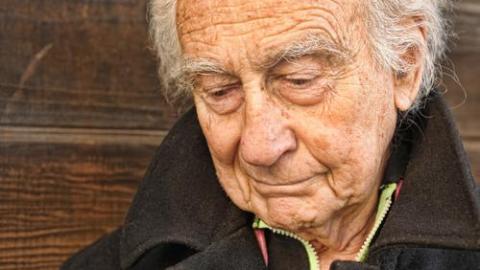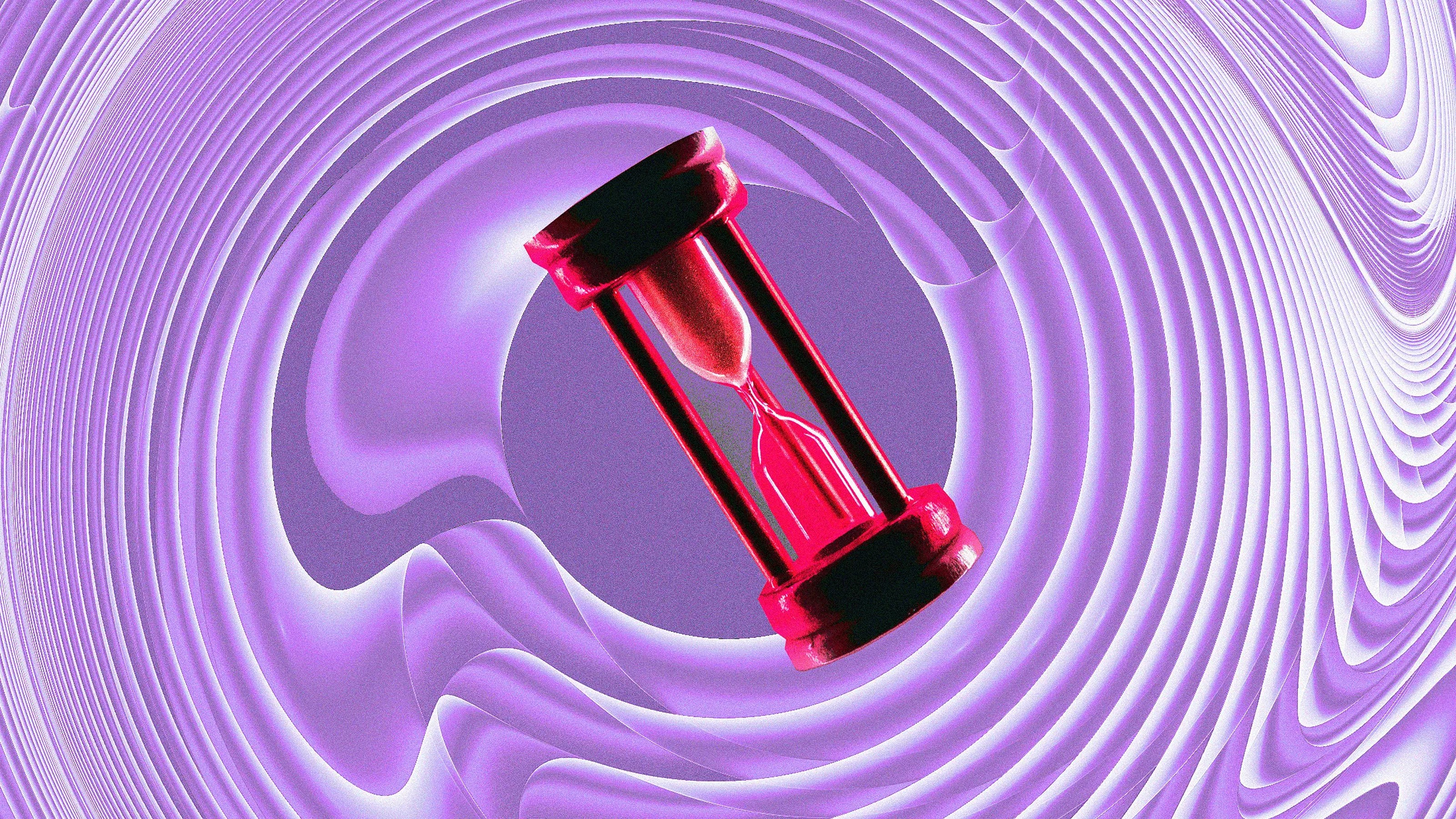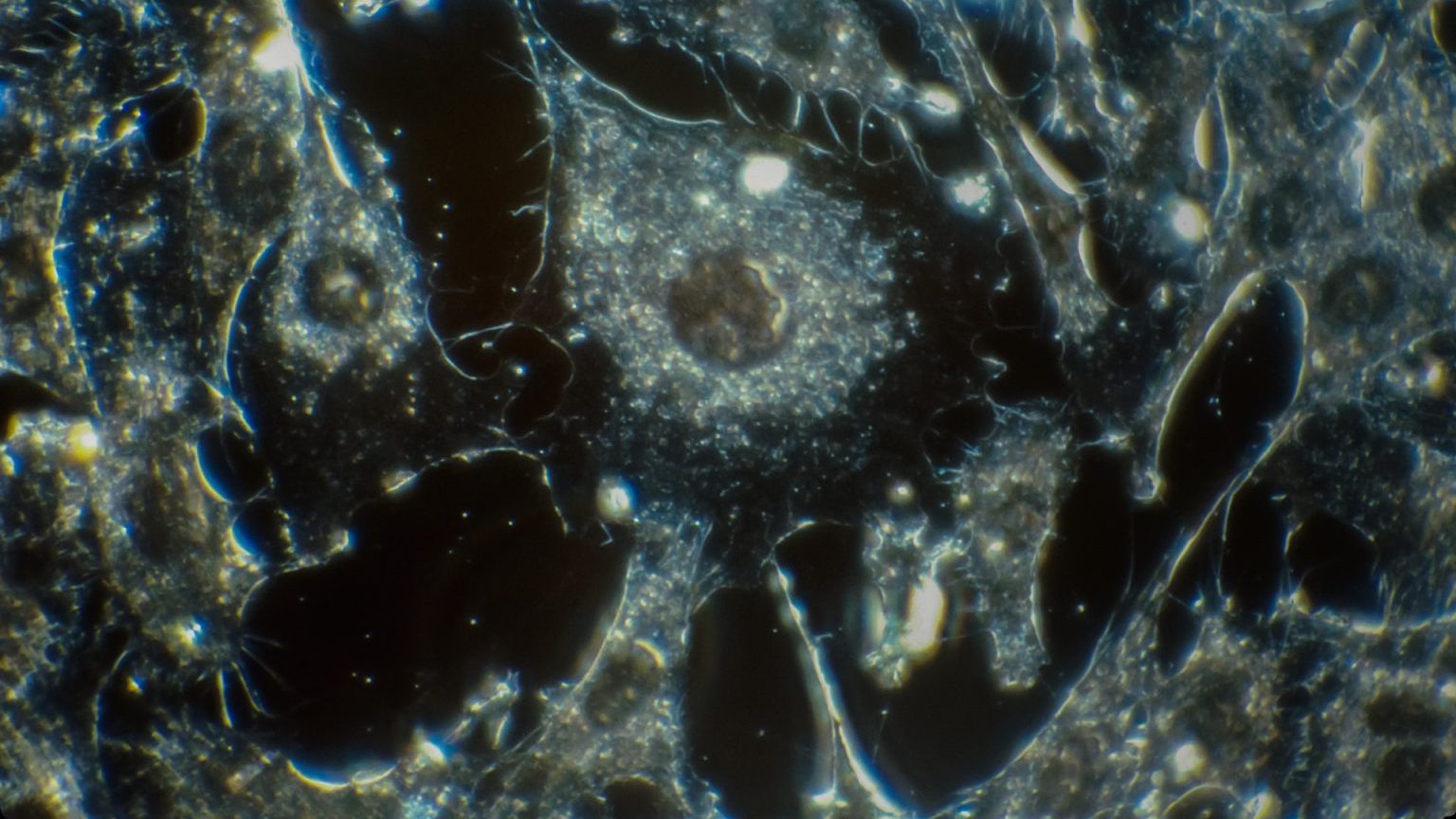Aging Is a Disease. Let’s Cure it.

What’s the Latest Development?
As anti-aging science progresses, we get closer to testing life-extending therapies on humans. But these treatments will be radical, changing human biology on a cellular level. Testing them will require breaking many of the ethical rules established to safeguard patients against dangerous clinical trials. Nicholas Agar, a professor at Victoria University, New Zealand, worries that just as American doctors intentionally infected Guatemalans with syphilis in the 1940s, a loosening of medical ethics could result in exploitation.
What’s the Big Idea?
There are two schools of thought when it comes to extending the human lifespan. One takes an incremental approach, seeking to eliminate non-communicable diseases like Alzheimer’s, diabetes and cancer. The other treats aging itself as a disease and tries to use the body’s own defenses to stop it. One proponent of this latter method is Aubrey de Grey, whose activism includes awarding cash prizes to scientists who succeed at extending the lifespans of mice. Current biology suggests, however, that immortality may make cancer inevitable.
Photo credit: shutterstock.com





